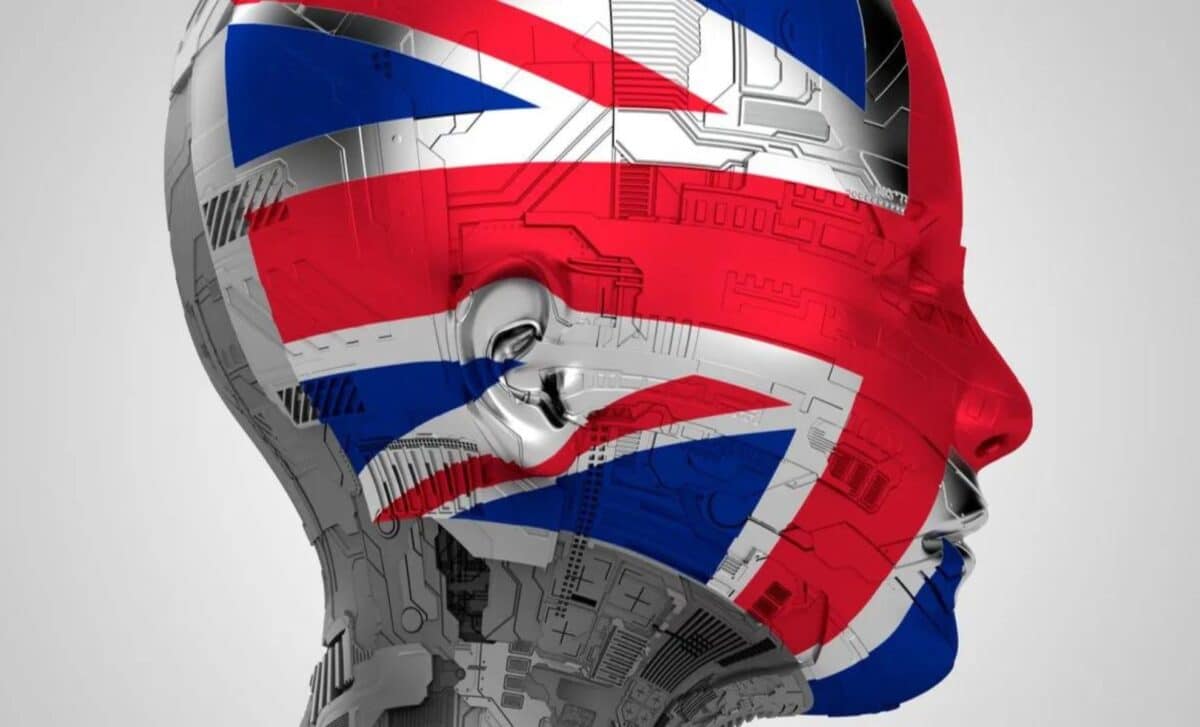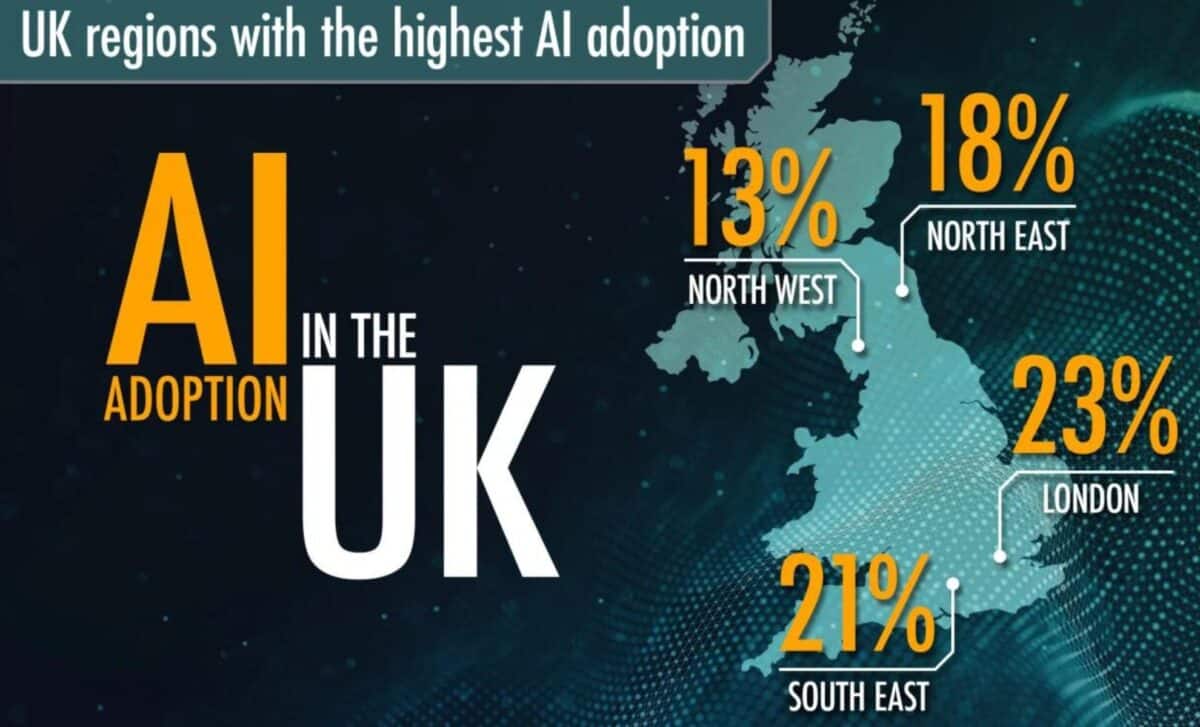A recent analysis commissioned by Microsoft predicts that if the UK embraces cloud computing and artificial intelligence (AI), the country’s GDP could increase by £550 billion by 2035. The study, Unlocking the UK’s AI Potential, shows that technology can help the UK economy in a number of ways. These include increasing production, improving public services and creating jobs.
Data modelling techniques were used in the study, which involved more than 1,000 senior business decision-makers surveyed by consultancy Public First. This means that over the next ten years, the economy could grow by £5 for every £1 spent on digital skills and technologies.
According to the authors, the UK is already well-placed to take the lead in AI, as it has the most advanced technology sector in Europe, second only to the US in the world. The authorities’ National Strategy was introduced in 2021 with the aim of making the UK an “AI superpower” within ten years.
Potential Obstacles to the Development of AI in the UK
The study also warned, however, of the obstacles that could hinder the UK’s development. The UK lags behind other countries in terms of digital technology infrastructure, which includes access to powerful computer chips and data centre capacity, among other infrastructure constraints.
A lack of commercial awareness is another issue; many businesses, particularly small and medium-sized enterprises (SMEs), have not yet embraced cloud computing or artificial intelligence (AI) tools.
In addition, the shortage is also due to the growing demand for workers with digital skills, such as data analysis, information technology and new AI-specific skills such as rapid engineering.
Microsoft’s Plan to boost AI development in the UK
The document sets out some ways of tackling these problems, including investing more in the information centre infrastructure and contemporary IT resources, launching campaigns to raise awareness of the technologies and convince businesses to apply them, and investing in retraining and development applications to give staff the skills they need.
In addition, Microsoft has promised to help solve these problems. A £2.5 billion investment in data centre infrastructure, security and skills has been announced for the UK. In particular, the company intends to significantly increase its data centre footprint in the country and purchase more than 20,000 state-of-the-art GPUs by 2026.
The research reflects the wider effects of AI, which go beyond financial returns. With the NHS already using AI for early disease detection, the study predicts potential public sector savings of £17 billion by 2035 – enough to pay the salaries of more than 330,000 nurses. By 2030, further savings of up to £500 million could be achieved.
In addition, AI is expected to boost the productivity of existing employees and create new job opportunities, particularly in data and rapid engineering, allaying fears of job displacement.
In conclusion, the UK is well-placed to benefit from advances in AI, the paper argues, primarily in sectors such as finance, healthcare and science.
The UK can realise its full AI capability and reap the monetary and societal benefits it brings by acting decisively to address the difficult situations that have been identified, including talent shortages, loss of industrial awareness and infrastructure limitations.










